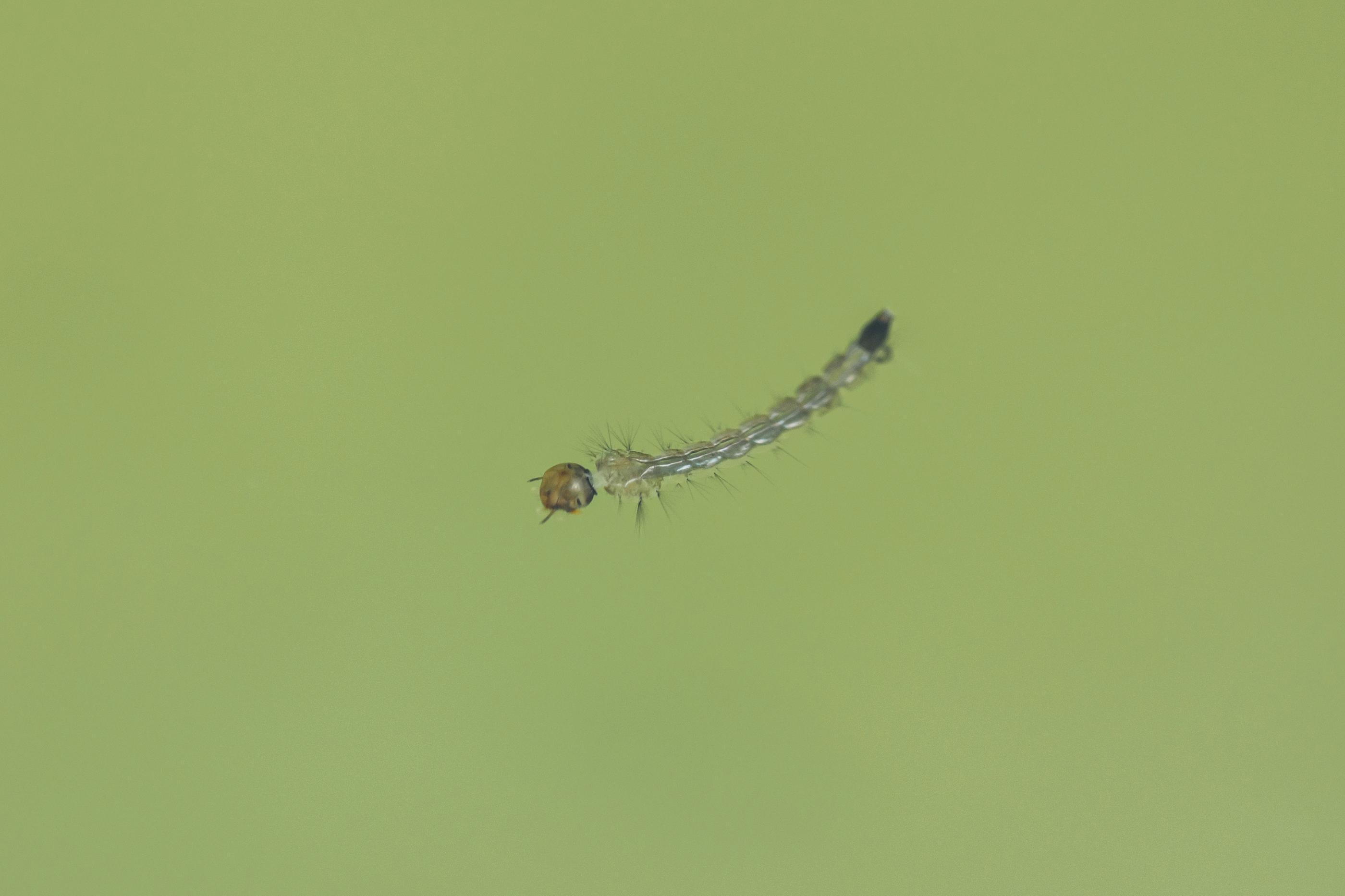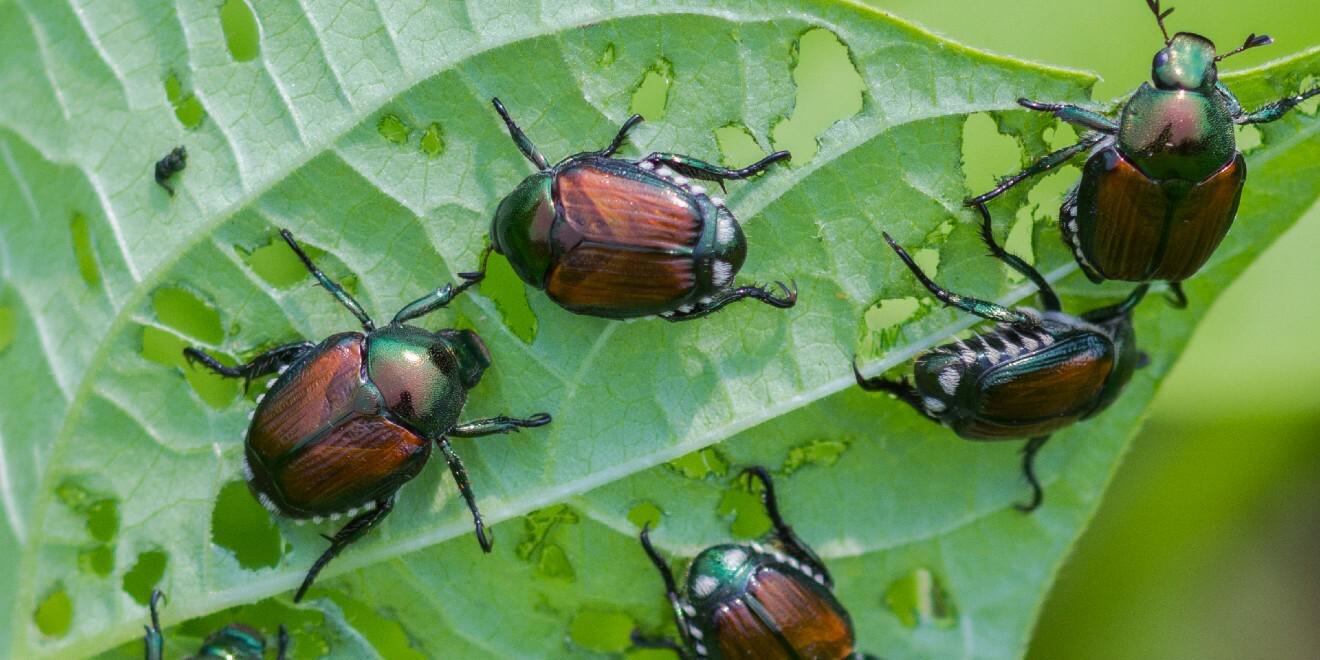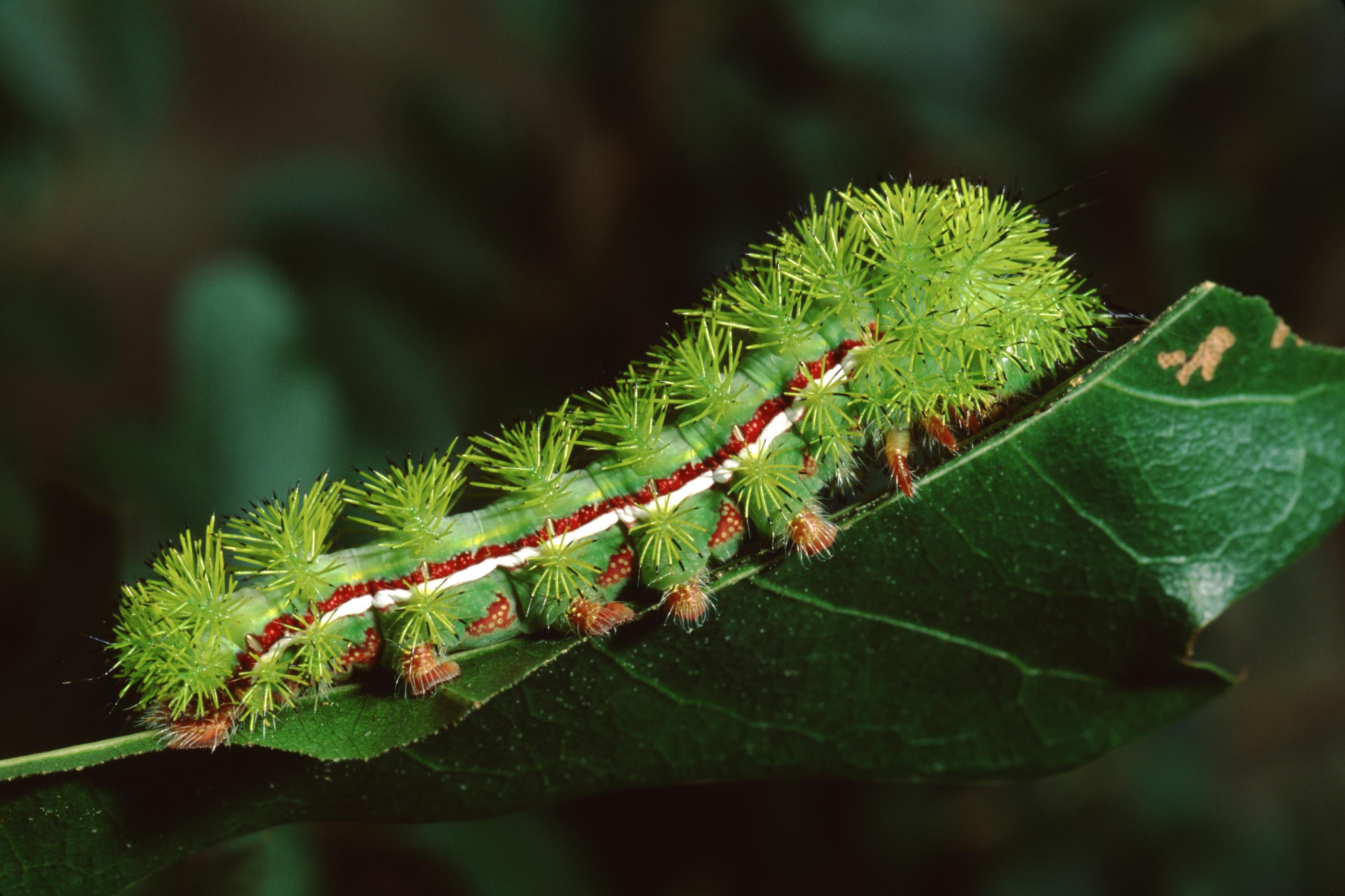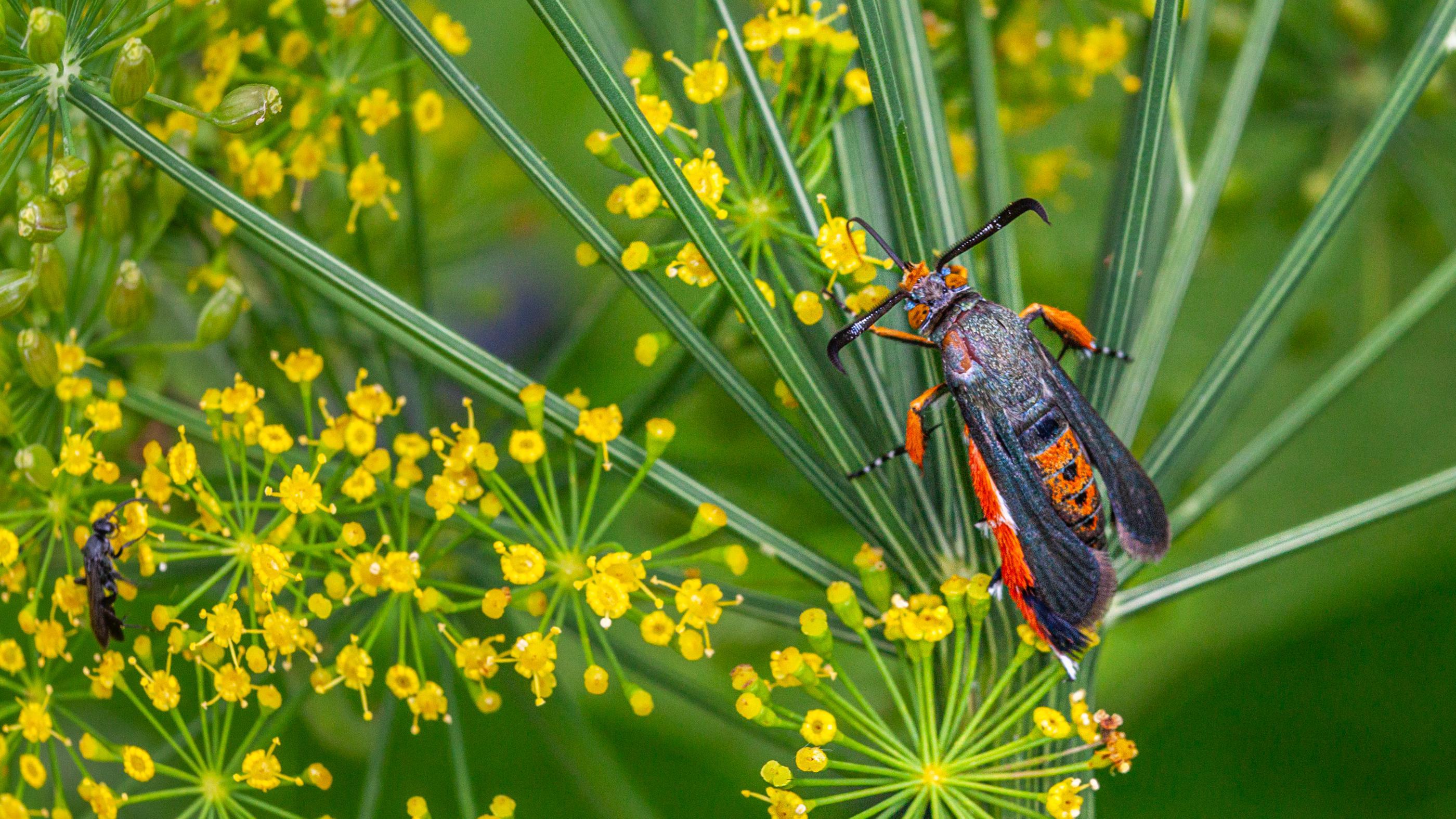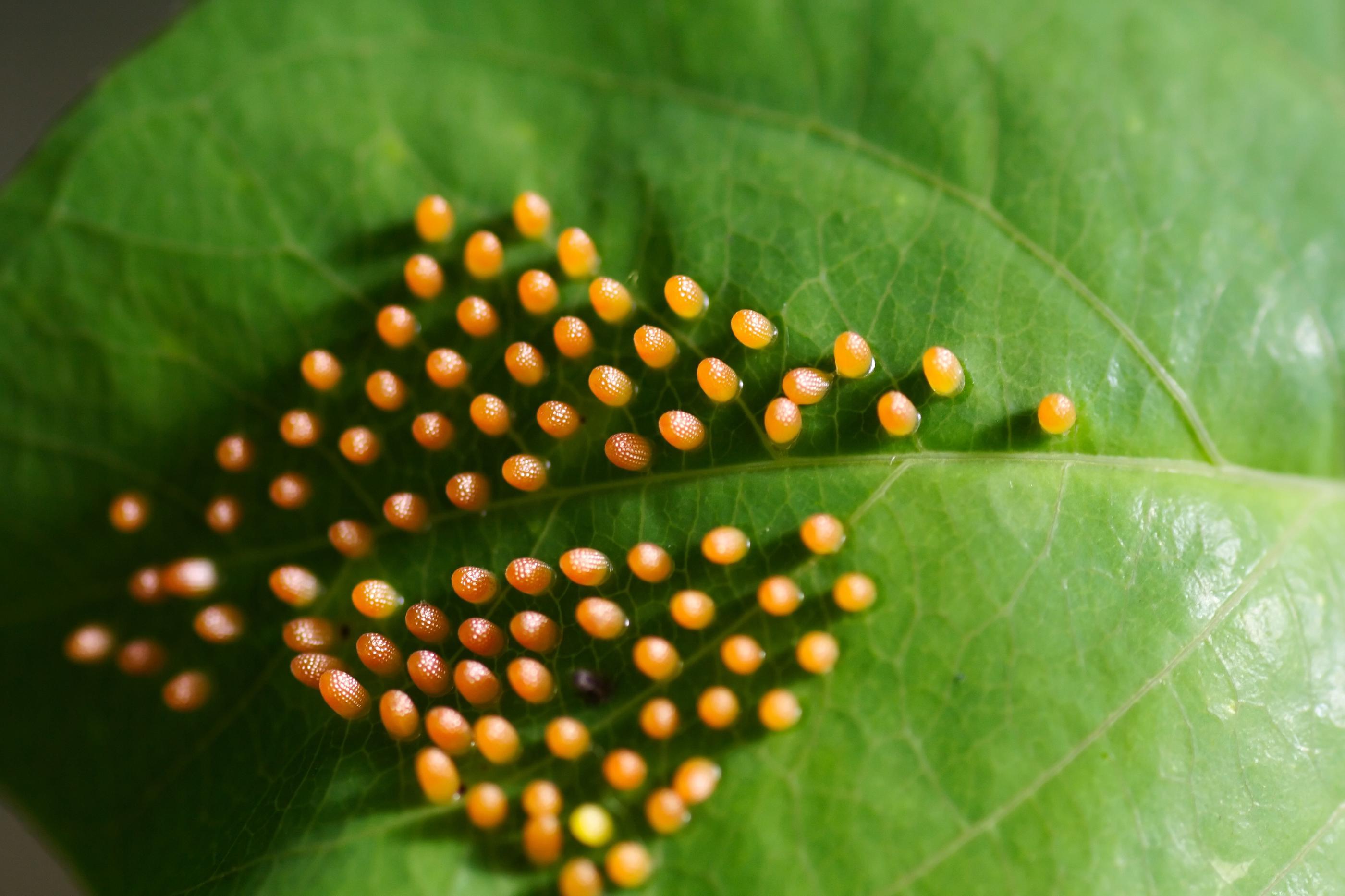Deer Are Not So Cute When You Consider They Are the Primary Host That Transports Ticks to Your Yard
Posted by Mosquito Squad
June 14, 2012
Have you ever found a tick on yourself, your pet or your child and wondered what kind of tick it is? It is important to know which type of tick bit you because some ticks here in the Columbia area are much more prone to be vectors of tick-borne illnesses than others. The two most common ticks we see in the Columbia area are the deer tick, which is also called the black-legged tick, and the American dog tick. Deer ticks, Ixodes scapularis, are by far the most dangerous as they are known vectors of Babesiosis, Ehrlichiosis and Lyme disease. Deer ticks are found in wooded areas and prefer to feed upon the blood of white-tailed deer. These ticks wait on leaves and blades of grass along paths frequented by the white-tailed deer, but will attach themselves to any passing host they find to gain their blood meal required for furthering reproduction. As a result, humans often become accidental hosts of deer tick.
Dog ticks are known to carry Tularemia and Rocky Mountain spotted fever and usually feed from animals within the woods such as raccoons and deer and also dogs and cats. They will also feed from humans if the chance arises. In order to become infected with Rocky Mountain spotted fever the Dog tick usually has to be attached to its host for 20 hours or more, which is harder to achieve on people than it is on animals.
How can I tell the difference?
It can be hard to tell the difference between the Deer tick and Dog tick, but the difference in size is the first clue as to what type of tick you are dealing with. A mature deer tick is roughly half the size of a mature American dog tick. This is why dog ticks are found sooner on people before they have had the chance to pass on a disease like RMSF. Deer ticks can be as small as a poppy-seed during their nymph stage and are nearly invisible to the naked eye even when engorged while attached on your pet within their fur. The dog tick also has a shorter mouthpiece than a deer tick. The most important thing to do, no matter what type of tick has bitten you, is to properly remove the tick and keep it in a marked container with the date it was discovered and keep it for further testing in case problems begin to arise. Having the tick available for testing can ensure a more accurate and quicker diagnosis which will lead to a better treatment. Even though these two species of ticks are quite different in many ways, there is, however, one thing both of these tick have in common.
The common denominator that leads ticks from the woods to you is deer. Both ticks use deer as a host, and to perpetuate the cycle of disease. The best way to avoid falling prey to either of these disease carrying ticks is to make your surroundings less appealing to the deer. Not only do deer harbor ticks, they are also known to spread fleas to your yard and your pets as well. There are many ways to make your yard less appealing to deer. Keep your yard tidy and mowed, free of debris and tall grasses that deer can use as a veil to lurk in the borders of your property. There are many plants and herbs that can be planted in your yard that naturally repel deer.
Herbs such as mint, Rosemary and Lavender will repel the deer but will add to your outdoor enjoyment because each time the wind blows the subtle scents these herbs exude are lovely to enjoy. Some of the many plants that are known to repel deer are the Chrysanthemum, Foxglove, Lantana, Barberry and Lilacs. This is just a few of the many plants you can add to your landscape that will repel deer. The beauty of adding plants and herbs into your landscape that repel deer, is they will also enhance your landscape. Many of these plants bloom seasonally and can provide a splash of color to your natural areas and foundation beds.
Along with the many safeguards within your reach to control making your yard appealing to deer, having a licensed professional treat your property to kill and prevent the spread of any ticks that may have fallen through the cracks is a good idea. Mosquito Squad of Columbia specializes in controlling ticks in your backyard through our tick intensive treatments. By using tick tubes in conjunction with our safe and effective barrier sprays we can reduce your chances of coming into contact with a potentially infected tick.

